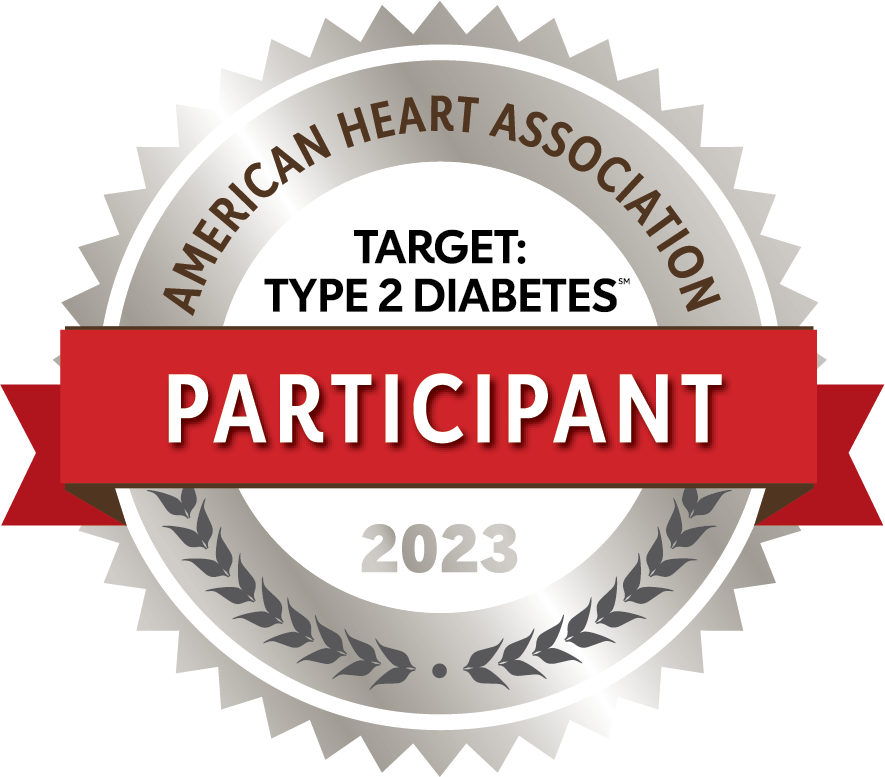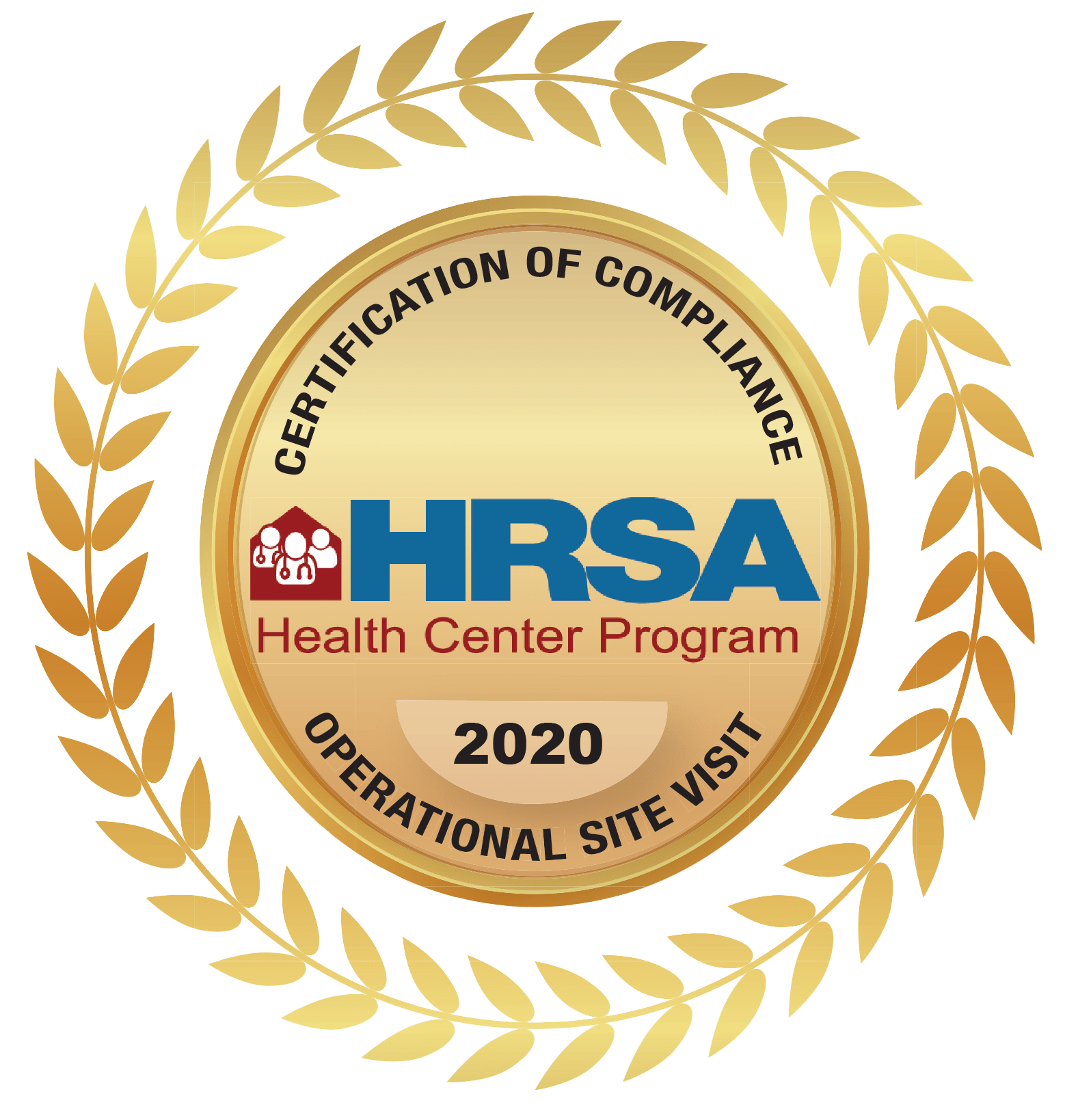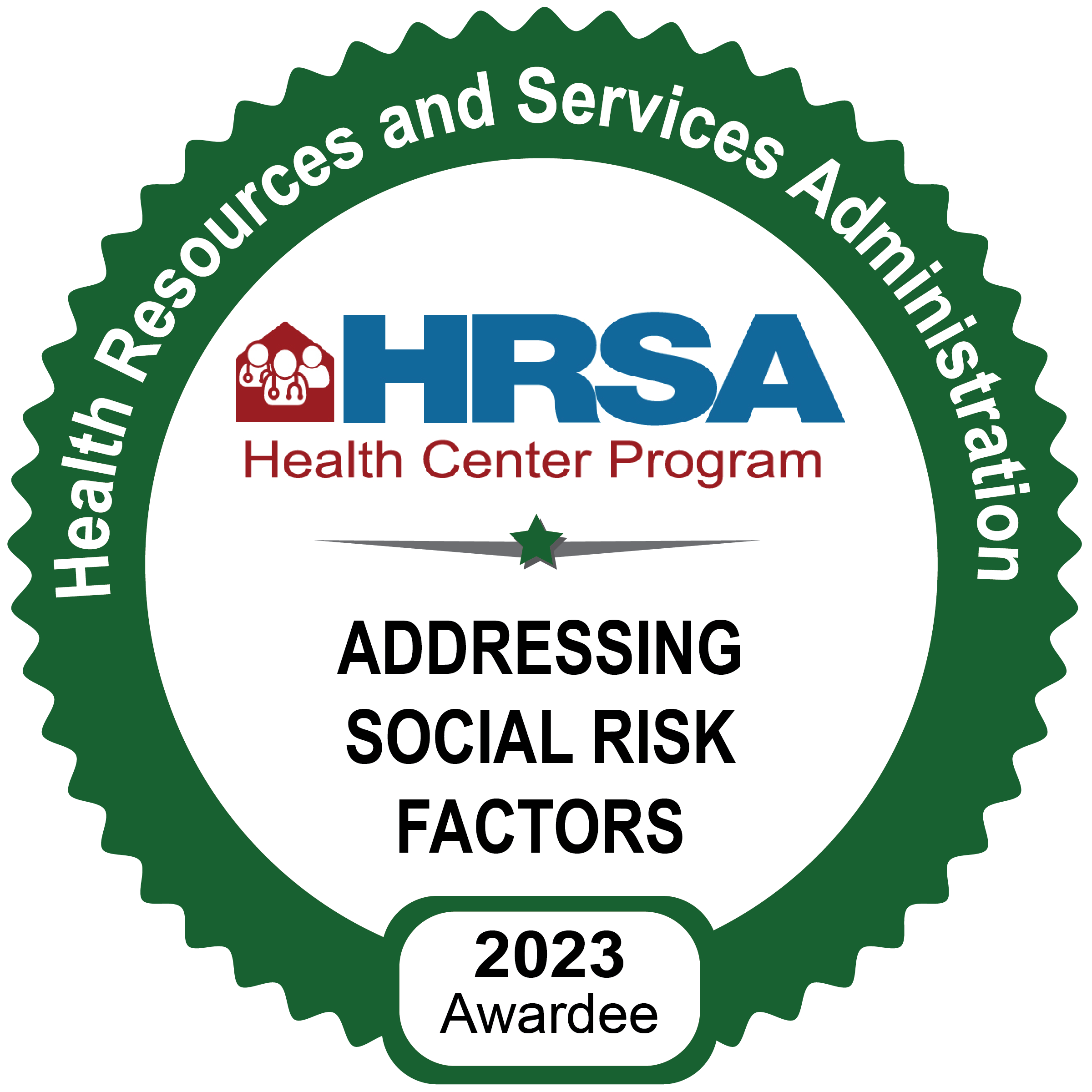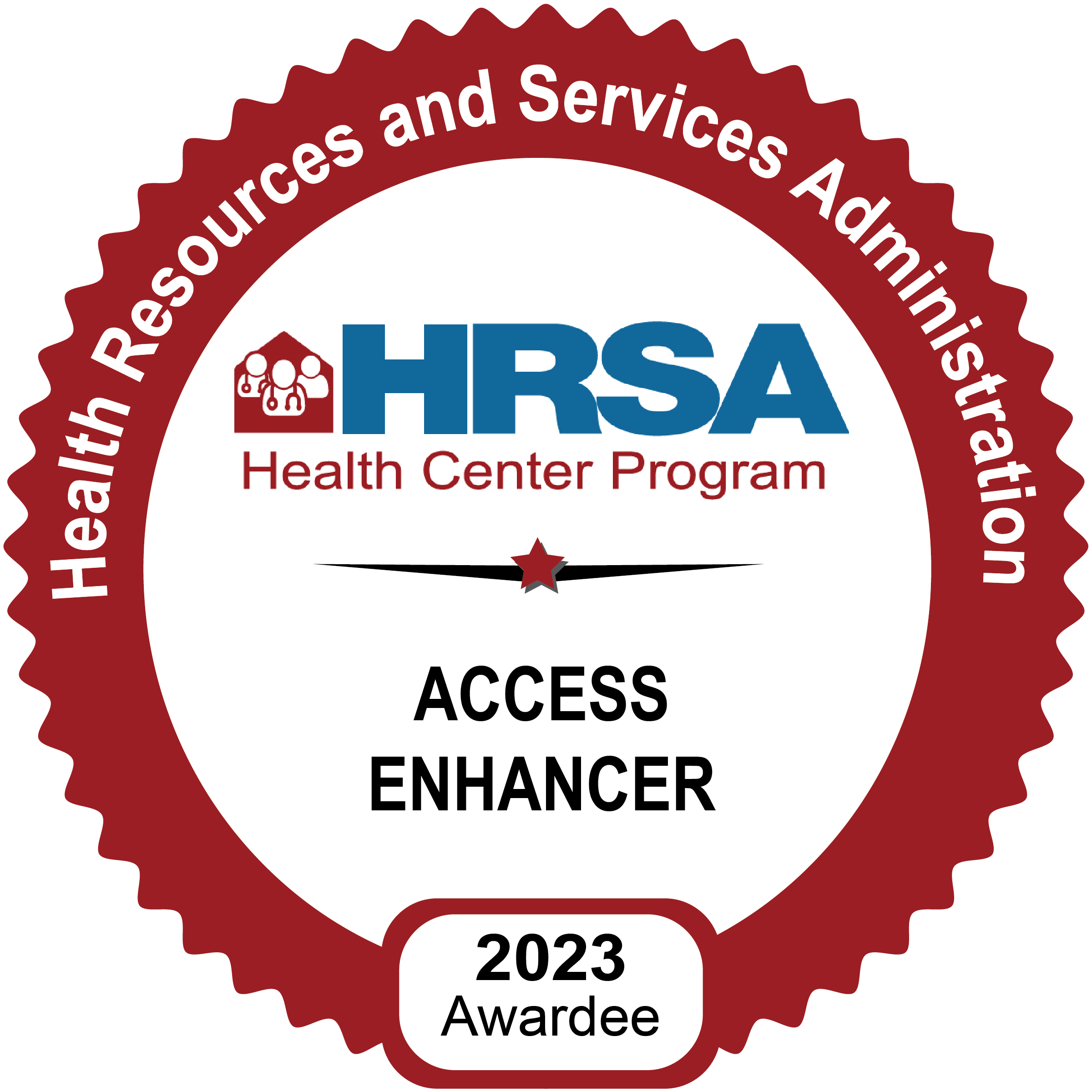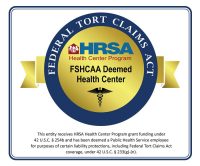By: Louise Middaugh, PA-C
The prostate gland is part of the male reproductive system which helps to produce semen. The prostate tends to increase in size with aging, and sometimes causes symptoms such as frequent urination, a weak flow with urination, blood in urine or semen, or painful ejaculation.
Many men who are 40+ years old wonder if they need to get their prostates checked as part of a standard physical and screening for cancer.
Prostate screening may involve a rectal exam in the office as well as a blood test. While prostate cancer is the 2nd most common type of cancer (after skin cancer) that causes death in men, the CDC and US Preventive Services Task Force recommends against routine screening for men who do not have symptoms.
If you do have symptoms, it IS important to find out why – but it does not necessarily mean you have cancer because those symptoms can be caused by other conditions. Screening can be helpful but it can also be harmful. A doctor can help you better understand the risks versus benefits of prostate screening. That is why it is important to have a conversation with your PCP (primary care provider) about what is best for YOU and your health.
For more information, contact your PCP or visit the CDC website at
http://www.cdc.gov.
Call any Valley-Wide clinic in your community to schedule an appointment today.
Your Health is Our Priority!
Próstata: Participar en exámenes de detección o no – esa es la pregunta
La glándula de la próstata es parte del sistema reproductor masculino que ayuda a producir semen. La próstata aumenta en tamaño con el envejecimiento y puede causar síntomas como micción frecuente, un flujo débil al orinar, sangre en la orina o el semen, o eyaculación dolorosa.
Muchos hombres que tienen 40 años o más se preguntan si es necesario revisarse la próstata como parte de un examen físico estándar y pruebas de detección de cáncer. Detección de próstata puede implicar un examen rectal en la oficina, así como un análisis de sangre. Mientras que el cáncer de próstata es el segundo tipo más común de cáncer (después del cáncer de piel) que causa la muerte en los hombres, el CDC y US Preventive Services Task Force recomienda en contra de detección de rutina para los hombres que no tienen síntomas.
Si usted tiene síntomas, es importante averiguar por qué – pero no significa necesariamente que usted tiene cáncer porque esos síntomas pueden ser causados por otras condiciones. Proyección puede ser útil, pero también puede ser perjudicial. Un médico puede ayudarle a entender mejor los riesgos y beneficios de la detección de la próstata. Es por eso que es importante tener una conversación con su PAP (proveedor de atención primaria) sobre lo que es mejor para usted y su salud.
Para obtener más información, póngase en contacto con su PAP o visite el sitio web de los CDC en
http://www.cdc.gov.
Llamar a cualquier clínica de Valley-Wide en su comunidad para ser una cita hoy mismo.
Su salud es nuestra prioridad!


